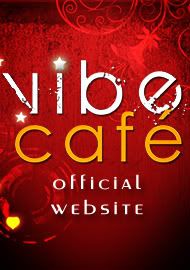We are used to dividing time into two different eons: “B.C.” and “A.D.” or as the secular world now calls them, “BCE” and “CE.” To say we live in 2009 A.D. or C.E. gives us a sense of the passage of time, a feeling of where we stand in the flow of events. But such designations don’t distinguish much else about the changes the centuries have brought.
After a fearsome November storm season across North America it seems one designation that might help describe the changes time has brought is to divide life “B.E.” and “A.E.” — “Before Electricity” and “After Electricity.” There is nothing like an extended power outage to remind us just how dependent we are on the power grid for our life-styles and livelihoods.
When the power goes out everything is work. Making a cup of coffee requires a fire, a cast iron kettle, a lot of time, and gives sad, gritty results. Creating a whole meal can take a whole day.
But there are other changes that occur when the power is out that aren’t all bad. Without the TV, computer, video games, and music downloads, families who are hunkered down against a storm have to find something else to do. Off-the-grid days are the days when we drag out the old board games, find a deck of cards, start a giant jigsaw puzzle. As soon as the batteries run out on the iPod and the cell phone, talking to each other are the only voices that we have to listen to.
That is why in “B.E.” time the most important members of a community were the storytellers. The storytellers were revered for their wisdom and honored for their knowledge. The storytellers were responsible for telling people who they were, where they stood in the world, how they came to be, and what they should be doing.
Even in these “A.E.” days, the things we learn as stories stick with us become a part of us, far more than any lesson we learn by rote. Read a paragraph about unemployment and poverty rates and you might nod off. Hear the story of “The Grasshopper and the Ant,” and you never forget why we all must work for a living.
But stories only live on when they are told and re-told. Each new generation must learn the stories of its people, its family, its nation, and its faith, or the stories are lost forever.
Just inside the main entrance to Harrods, the great London department store, there is a statue of Princess Diana and Dodi Fayed (whose father owns Harrods). As my twelve-year-old daughter and I stood in front of it, Soren innocently asked, “Who is Princess Diana?” The woman who had been the most recognized icon of the eighties and nineties was a complete mystery to her, an unknown nobody, because Soren had never heard her story.
Tuesday, January 26, 2010
Subscribe to:
Post Comments (Atom)

No comments:
Post a Comment